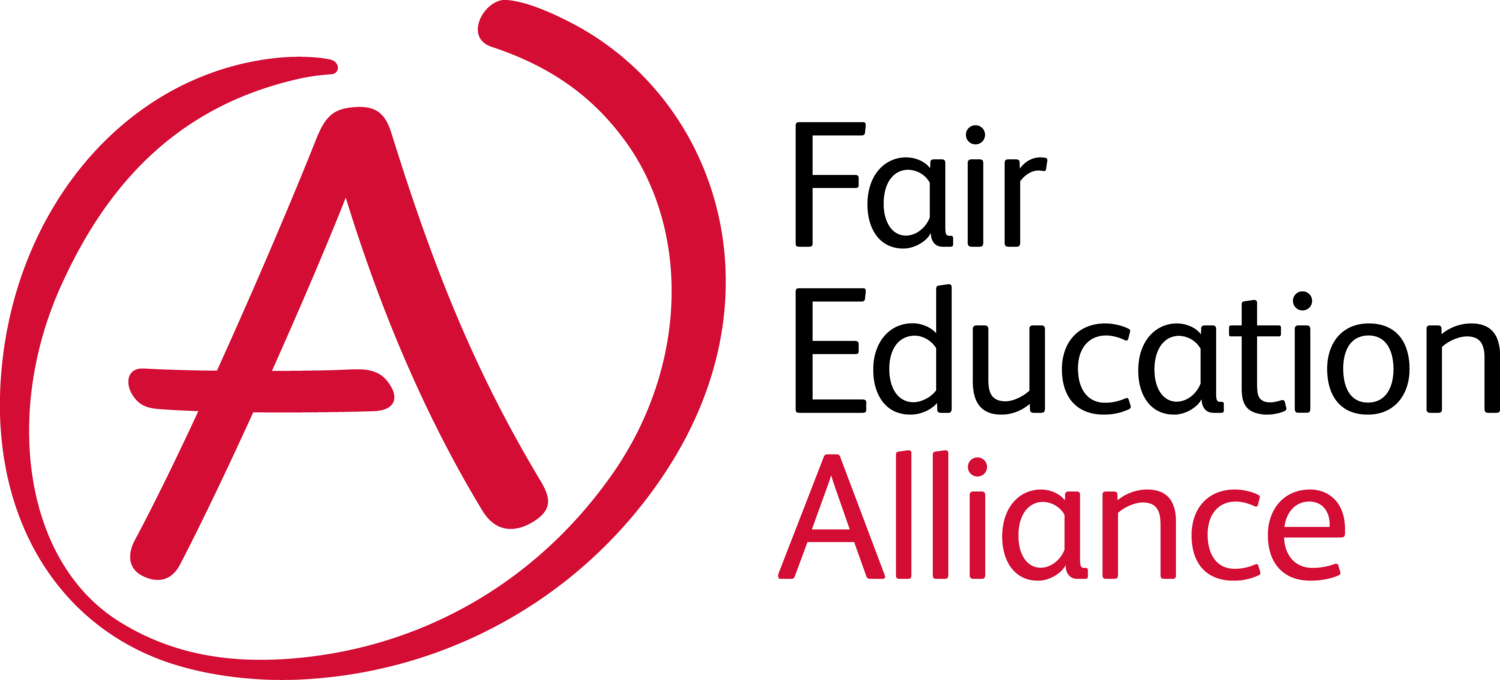This year we’re attending the Liberal Democrat, Labour and Conservative Party conferences. In this blog Janeen Hayat, Director of Collective Action, reflects on her experience of the 2024 Labour Party Conference.
We’ve been attending Labour Party Conferences for eight years, and this year issues impacting children and young people were more prominent than ever. This is a testament to our collective work to raise support for the next generation and move education up the priority list. It was fantastic to see so many members hosting and contributing to panels, and there seemed to be a real urgency to everyone’s advocacy this year a feeling that we’re currently in a window of opportunity to influence.
Our members hosted more than 30 events, and the Secretariat and our Youth Steering Group participated in four:
On Sunday, I spoke on the panel Talking in Lessons, hosted by our member Speech and Language UK and alongside David Baines MP.
On Monday, we hosted How Labour can put education at the heart of its mission-led Government? with Teach First and the New Statesman, featuring Parliamentary Under-Secretary of State for Early Education Stephen Morgan MP, the Children’s Commissioner Dame Rachel De Souza, Teach First CEO Russell Hobby, Nesta Director Sarah Cattan, and Mama Dampha of our Youth Steering Group.
Also on Monday, our Youth Steering Group member Farzana Begum sat on an IPPR panel alongside Sarah Smith MP entitled What are Labour’s priorities for schools?
On Tuesday, our CEO Gina Cicerone chaired an Ovo Foundation panel entitled Why young people are key to achieving Net Zero, with Barry Gardiner MP.

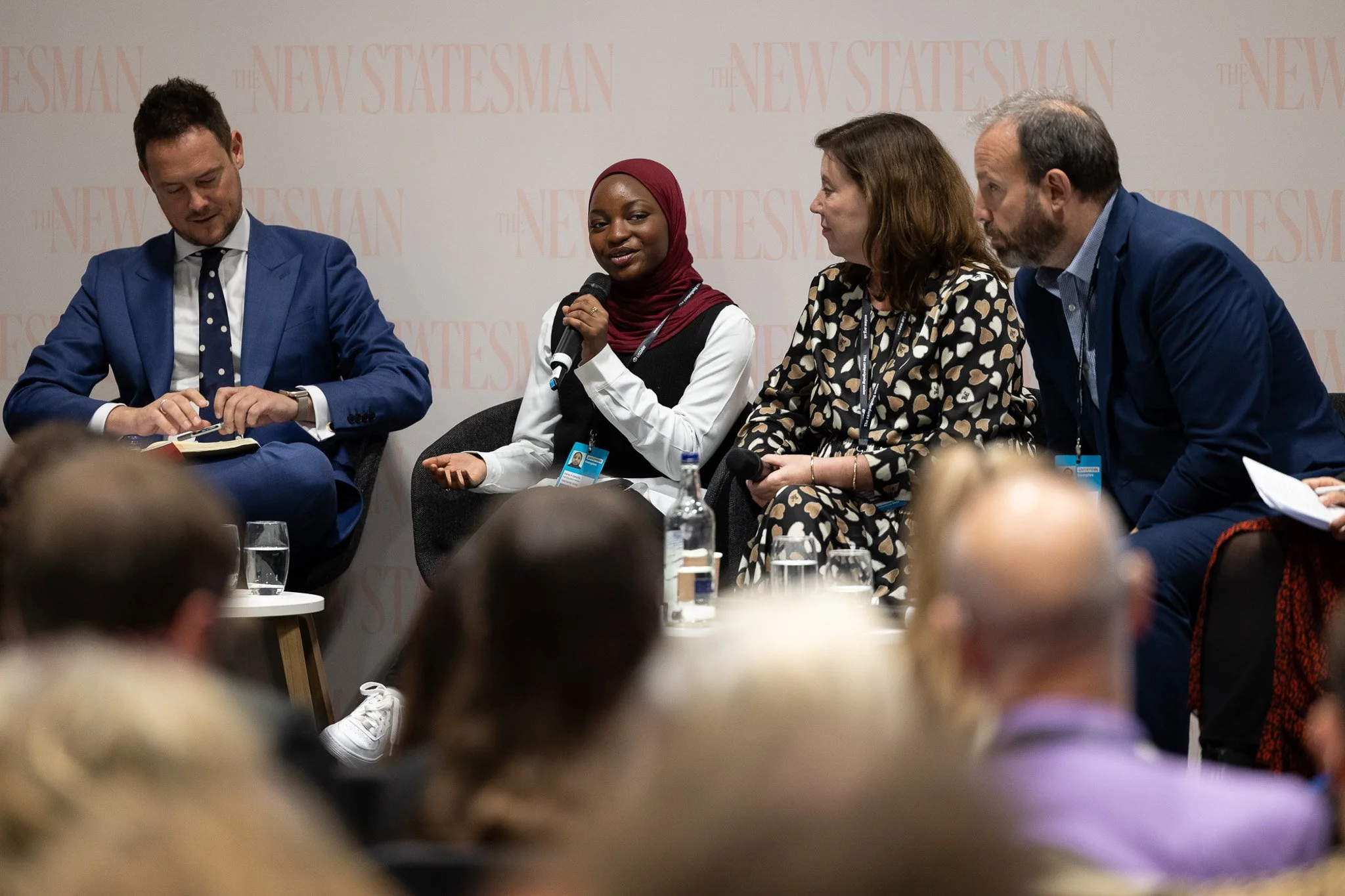



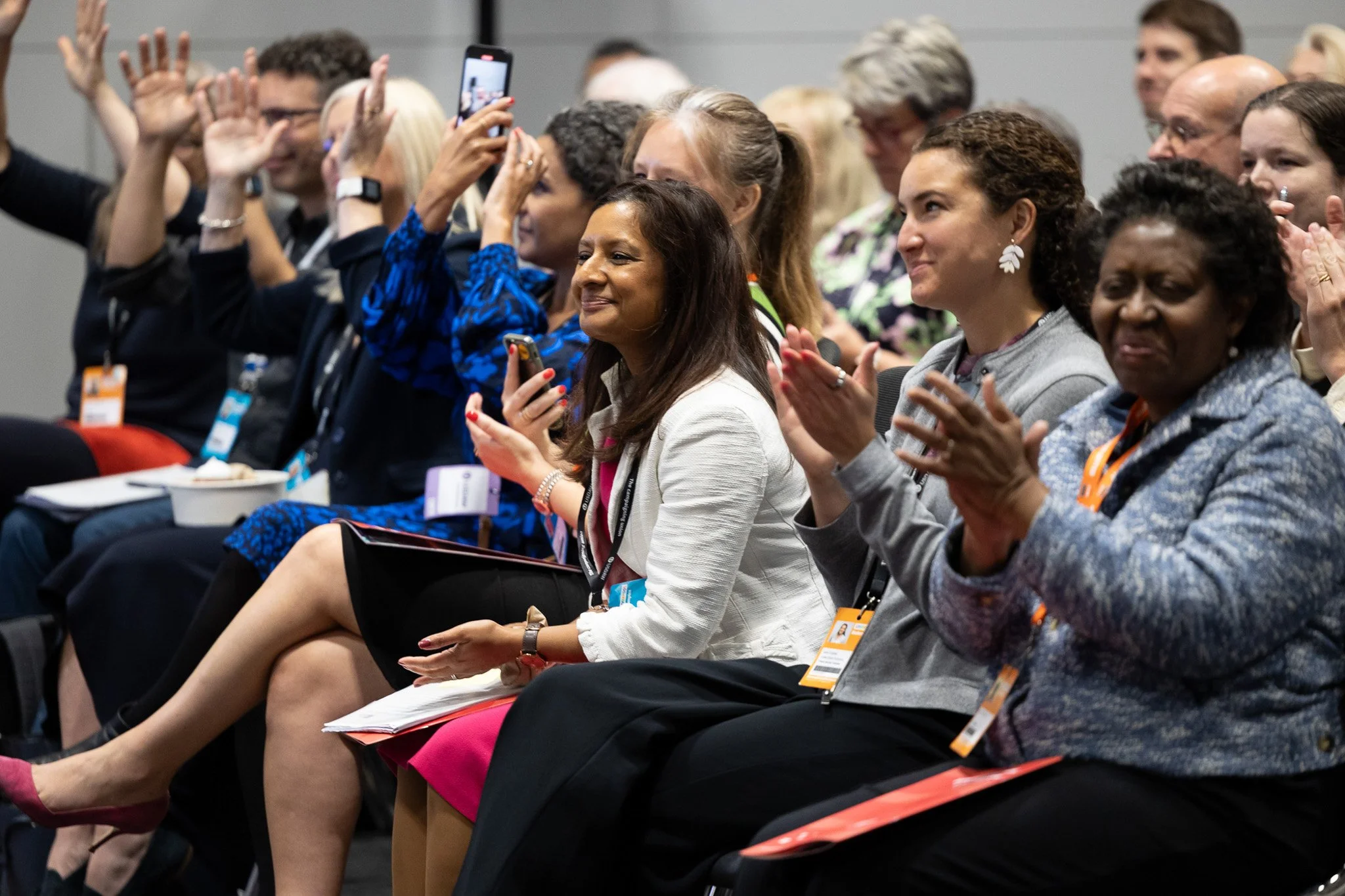
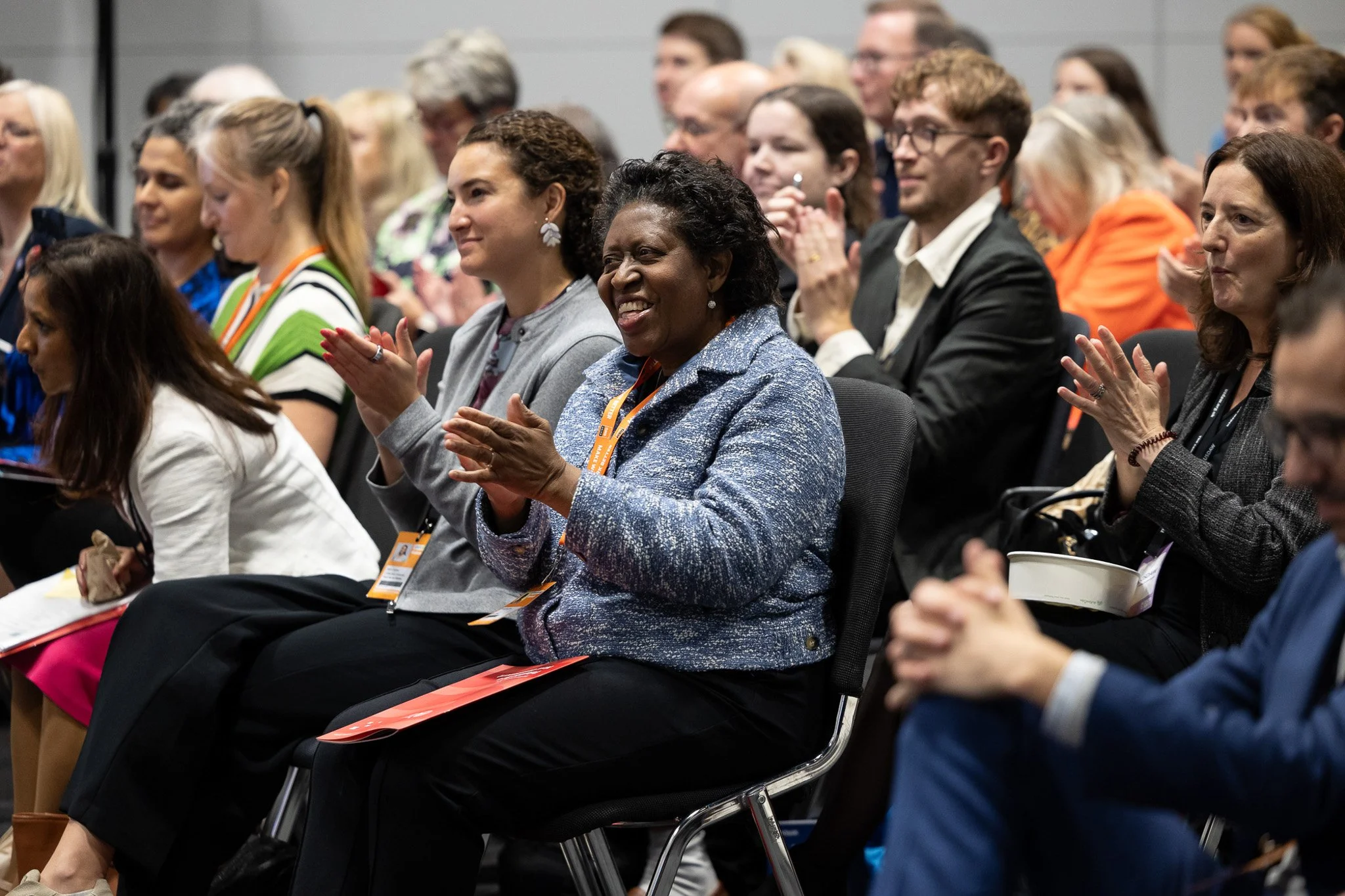

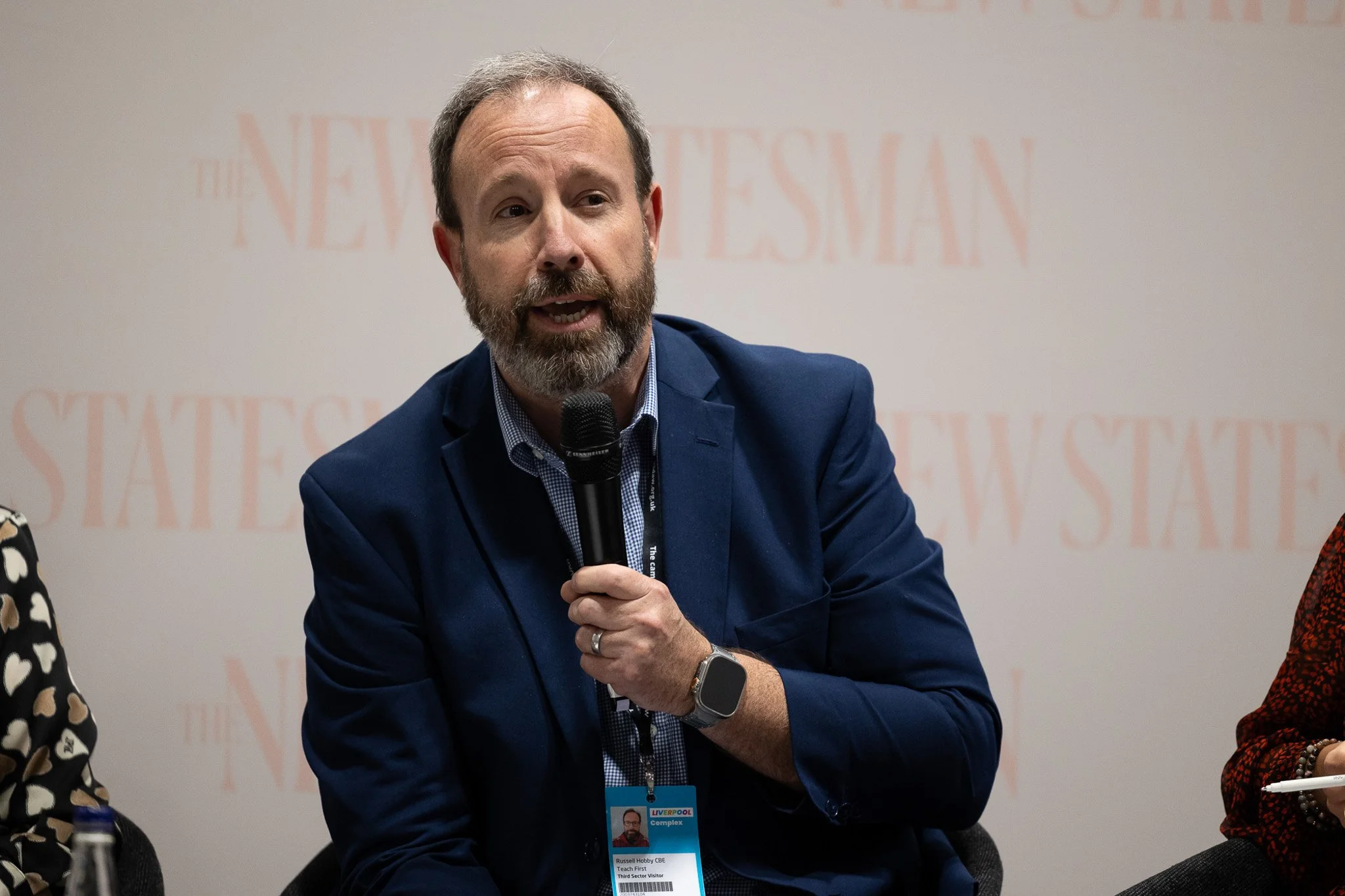
Photos from Fair Education Alliance and TeachFirst’s panel “How Labour can put education at the heart of its mission-led Government?”
Of course, there were also many productive conversations, connections, and learning in between. It was especially encouraging that the root causes of the biggest challenges in education today (attendance, exclusion, and teacher recruitment and retention) were the subject of discussion. These conversations have progressed noticeably from a year ago, and it’s clear that the sector is thinking more systemically. There were a few interrelated themes that kept coming up, across events on different topics.
We must shift from crisis-level intervention to early, joined-up investment in a child’s life. We were thrilled to see this narrative getting traction, as it’s been one of our priorities for the past two years. We heard about the need for better data sharing across services, and the importance of putting families at the centre. There was lots of praise for Sure Start and lament of its demise, but also a recognition that, in this fiscal climate, we need innovation to fill the gaps that exist now. Our Early Years Working Group is focused on what it would look like to really value support for families with young children, and the integration of services and support is key to this.
SEND is at the top of the priority list, as it should be. For too long, too many in the sector have avoided our unsustainable SEND system, seeing it as too complicated to touch. The urgency of reform is now impossible to ignore but we’re still short of structural solutions. Many conversations came back to early identification and support for children – particularly around language – and the need for the local join-up described above. We continue to support this, but we’d also love to generate more discussion on what the Government should do for children with special educational needs who are already in the school system.
There are endless hopes riding on the curriculum review; to increase student and teacher wellbeing, to drive engagement with school, to build skills, and to widen access to subjects. However, there’s also a consciousness that the terms of reference of the review point to reformation rather than revolution. We’ll be convening members in the coming weeks to craft a joint submission – sign up here if you’d like to be involved.
Overall, the conversations at Labour Party Conference didn’t shy away from the big issues underlying the symptoms of inequality in our education system – and our Priorities for a New Government were front and centre. The sector has a big task in holding broad consensus together as we move forward to define strategies and propose solutions. We also need to address the barriers to progress head-on. Here are two of the issues we’d like to grapple with together:
Understanding public perceptions and engaging with these earnestly. While many of us in the sector agree that child poverty creates a moral imperative for action, polling suggests that the general public doesn’t share this strength of feeling. How do we better understand biases and beliefs about poverty so we can engage in a dialogue and shift mental models?
Seizing the opportunity to affect lasting structural change. There’s a risk that stakeholders will revert to advocating for their own ideas and initiatives, but achieving consensus on the big changes that advance our collective aims is so important in this moment.
We’re coming back so motivated to work with our members and build consensus around how to use this moment of opportunity to shift our systems and better serve the next generation.
Bringing Youth Voice to Labour Party Conference
We had the privilege of supporting two Youth Steering Group members, Mama Dampha and Farzana Begum, to attend the conference with us. Here are some of their reflections on the experience:
Farzana
Youth Steering Group Member
“Although I was a little nervous beforehand, my most enjoyable moment at the conference was speaking in front of everyone! I had the amazing opportunity to speak about my own experiences in education being first generation and a young carer, the support I received from my teachers and the significant challenges I faced. In the Q&A segment of the panel I gave my insights on the teacher retention and recruitment crisis, school attendance narratives and the importance of free school meals and extending breakfast clubs to alternative provision schools. I was able to tell my story but also provide a young person’s perspective on the inequalities in education I’m hopeful that my input and the FEA’s priorities for government will have an impact on changes in policy.
“I also learnt how integral conferences are in shaping policy. There were delegates from so many different organisations, trade unions, and societies, and it was interesting to learn about cross sector issues and hear about other delegates personal experiences.”
Mama
Youth Steering Group Member
“Attending the Labour Party Conference this year was an incredibly inspiring experience. One of the standout moments for me was seeing the newly formed Department of Education take an active approach to ensuring that young people’s voices were included. This felt like a genuine commitment to reshaping the future of our education system, not just with words but with concrete actions.
“Even though we had limited time to meet and speak with Bridget Phillipson, the Secretary of State for Education, her dedication was clear. She and her team were visibly passionate about making education more inclusive and equitable. It was reassuring to see how deeply they engage with young people’s issues and how determined they are to create a system that works for everyone, not just the privileged few. As someone who deeply cares about the future of education, being part of these conversations was a reminder of how much we can achieve when policymakers are willing to listen to those most impacted by their decisions. I left feeling optimistic about the direction Labour is taking and the potential for real change in education.
“My highlight was taking part on the panel with Stephen Morgan and Dame Rachel De Souza, as I fully understood the importance of collaboration across sectors to help tackle all issues regarding young people, such as knife crime and school engagement.”
